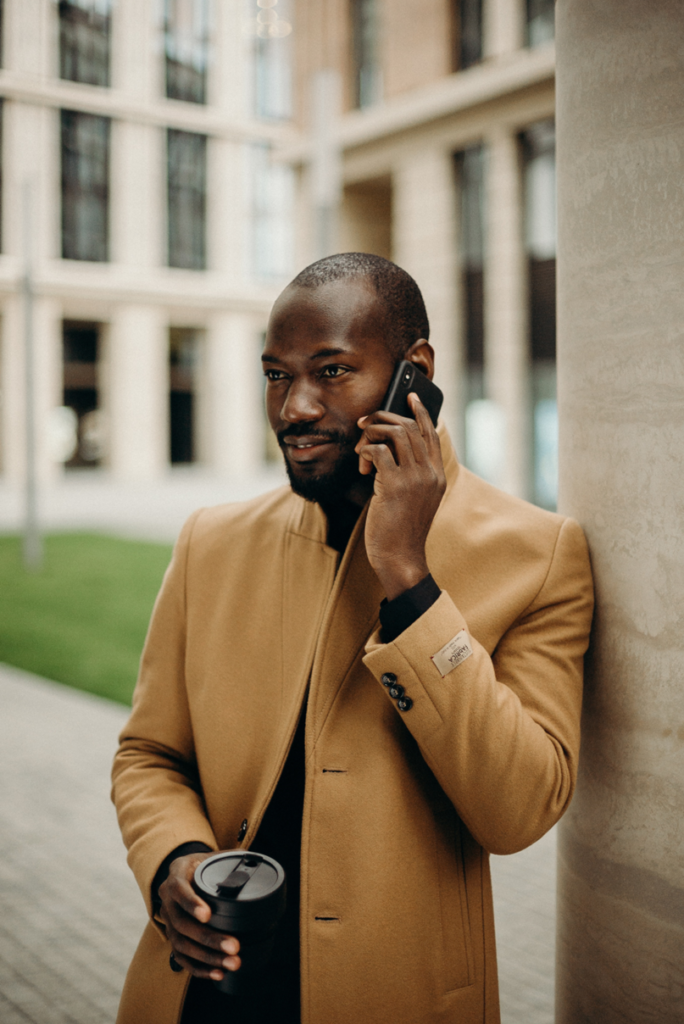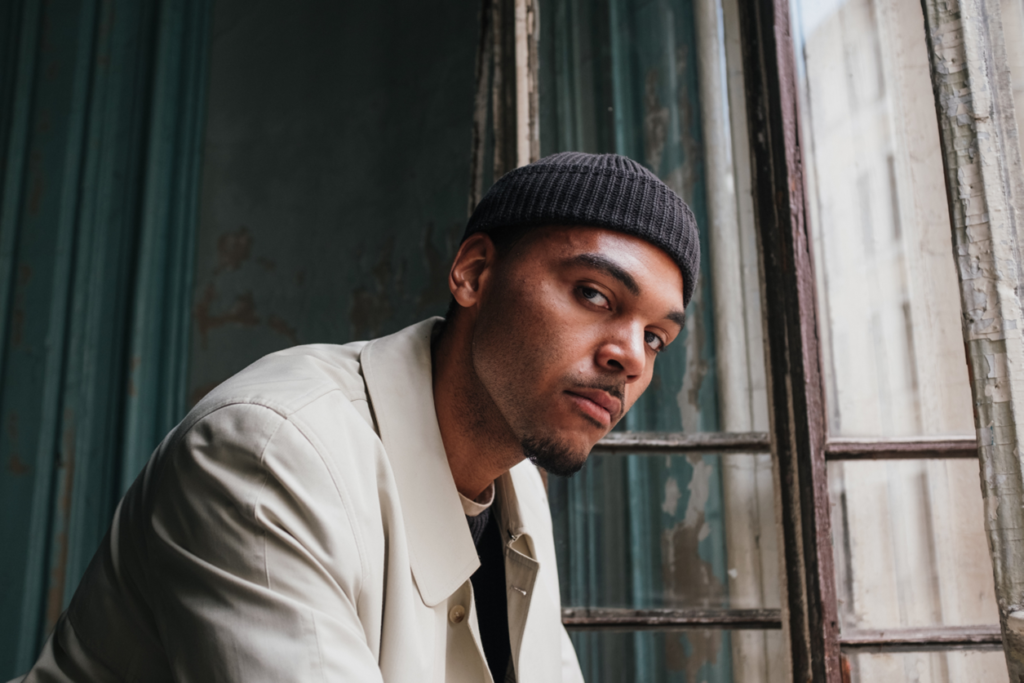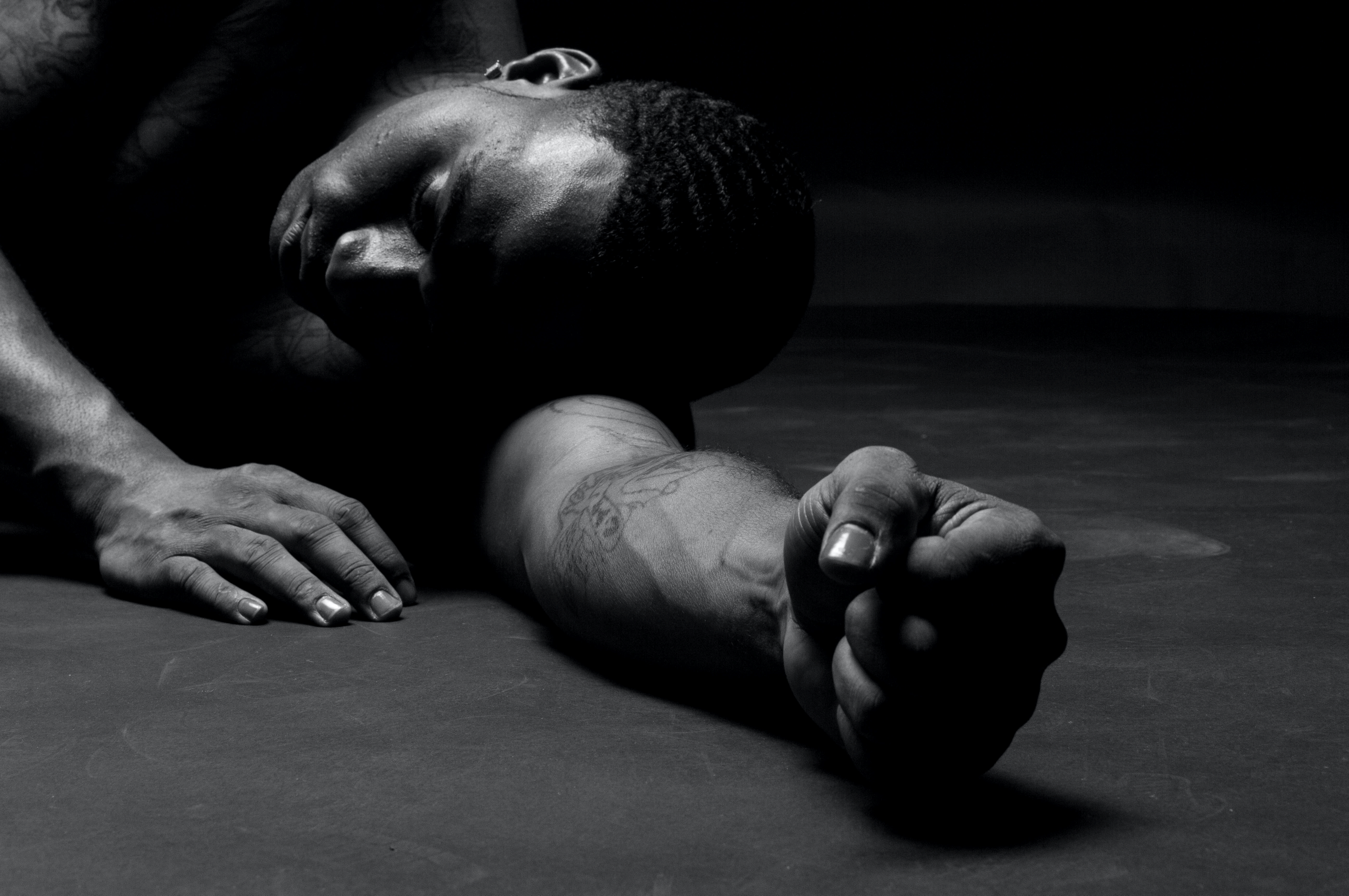There’s an interesting phenomenon in our society that occurs with men. When mental and emotional health are brought up, they clam up, shut down, or run away. Men will go into battle, take on City Hall, dangle from cliffs — but confront their emotions? No way! Get vulnerable? Nope! Share their feelings? Hell no!
Let’s face it: therapeutic counseling is wrapped in stigma. Its number one requirement — opening up and getting real with your emotions — is just too intense a mandate. Society has done a great job of channeling men into a narrow definition of what a man is supposed to be: courageous, aggressive, strong, larger-than-life, dominant, loud, sexually prolific, sports-oriented, and even heroic. Emotional? Only at sporting events and then the only emotions to be expressed publicly include joy, excitement, anger, frustration, pouting, shame, and loss.
What’s not expressed at other times in a man’s life are the emotions of the heart. Those feelings are considered a sign of weakness and are left relegated to the fairer sex: women. Interesting that men have categorized women as the “weaker” sex. Hmm …
But the more subtle, deeply felt unexpressed emotions of hurt, grief, regret, shame, guilt, fear, loss, unhappiness, disconnection, jealousy, distress, insecurity, unwantedness, and emptiness have the greatest impact and import on a man’s life, his perception of himself, and his sense of placement in the world. Yet, they often remain hidden away.
The problem with avoiding one’s emotions is that they build within us and eventually get expressed in inappropriate ways in our interactions with others. In therapeutic terms, it’s what are referred to as transference and projection.

- Transference – generally, it’s expressing feelings toward one’s therapist that are actually based on the patient’s feelings about someone else. And the reverse can happen. This can also occur in everyday relationships, such as with one’s boss/employee, leader/follower, or expert/non-expert.
- Projection – displacing one’s personal feelings onto someone else, an animal, or an object. An example would be a married man who has feelings for a co-worker, but rather than admit and address his own feelings, he accuses the co-worker of flirting with him.
Transference and projection are two sides of the same coin. Both are based on the need to avoid one’s own feelings, as well as to present a congruent image to the world as dictated by societal norms and conventions and the current zeitgeist.
How this relates to Black men in America is that we’re seeing a tsunami of transference and projection occurring at all levels of society, especially in the political and social arenas. Fear, anxiety, hurt, and stress are being splattered all over the place with people and groups blaming others for their woes and failures. Black people are often the target of this blame and people are attacking Blacks verbally, politically, legislatively, and physically. Black men are being dehumanized, made invisible, unjustly maligned, and traumatized on a daily basis.
One has to wonder how Black men are handling this ongoing wave of misunderstanding, disinformation, ignorance, hate, and violence. What also has to be looked at are the various environments we grow up in, the effects of family and community, one’s religious imperatives and protocols, and the effect Black culture has on the psychological development of Black men and their role in their families, community, and the US.
A March 2022 article in Forbes titled “Black Masculinity and Mental Health: What Black Men Should Consider about their Emotional and Mental Wellness” stated that:
- According to the National Institute on Minority Health and Health Disparities, African Americans are 20% more likely to experience serious psychological distress, such as major depressive disorder, than white Americans.
- Rates of major depressive disorder in young Black adults ages 18 to 25 increased by more than 3% between 2015 and 2018, according to the Substance Abuse and Mental Health Services Administration (SAMHSA), yet Black Americans of all age groups are less likely to seek treatment than white Americans.
- Additionally, the US Department of Health and Human Services Office of Minority Health reports that Black adults are more likely than white adults to experience persistent symptoms of emotional distress, such as sadness, hopelessness, and feeling that they have to dedicate extra effort to everything they do.
Another article titled “Symposium examines thorny, multifaceted dilemma from systemic racism in policing, healthcare to the stigma attached to psychotherapy in the community” published by The Harvard Gazette: reported that:

“According to the National Institute of Minority Health and Health Disparities, Black men are four times likelier to die by suicide than Black women, The American Academy of Child and Adolescent Psychiatry has seen a 60 percent rise in suicide rates among Black boys over the past two decades.”
These stats are disheartening to read. Of course, one has to consider what factors are involved: institutionalized racism, the COVID pandemic, racial and police profiling, ongoing inequality and lack of equity, lack of resources and support services, distrust of our institutions — the list is extensive. All of this is shouldered by Black men, weighing them down and forcing them to act out in ways that do not speak to the beauty, depth, strength, and grace of their hearts and souls.
What the stats point to is the fact that Black men need more than ever to find appropriate ways in which to deal with these tremendous stressors. Therapeutic intervention — as scary, ineffective, and embarrassing as it may be perceived — is the most life-affirming and mentally/emotionally healthy option.
There are a number of therapy avenues to consider from individual one-on-one work with a therapist to couples and family counseling to support groups. The primary outcome of all of them is for patients and participants to find release from pent-up and unexpressed emotions, to provide a safe and confidential space for articulating one’s thoughts and feelings, and a means of exploring techniques to aid oneself in continued self-support and further inquiry into their feelings and life challenges.
What’s also very important to understand is that none of us are on this journey of life alone. There are many having similar life experiences and there’s nothing like being heard, understood, and accepted by people of like mind and situations. We are truly all in this together.
Black men are often typed as being strong and resilient, even in the face of overwhelming stress. And the truth is that Black men are strong and resilient. They are also creative, productive, resourceful, supportive, loving, giving, inventive, inspiring — and so much more. It’s difficult to let all of this amazing multifacetedness out in a world that’s constantly trying to undermine and dominate you.
If we’re keeping all our pain, frustration, anger, resentment, sadness, loss, and fear to ourselves, we’re not only hurting ourselves but others. They don’t get to know who we are, what we’re thinking, what our desires are. More importantly, we’re not being authentic and truthful with ourselves. In the process, we cut ourselves off from who we truly are, that multifaceted being with so much to offer life.
It’s tough to do this on one’s own. Having a therapist to talk things over with, and a trained professional who can offer insights and guidance from an objective stance can allow a man a whole new level of freedom. And what’s residing within us, as terrible as we might think it to be, is actually not a Pandora’s Box, but the releasing of an emotional dam. In the process, we can unburden ourselves and begin an exploratory process that can be most enlightening and validating.
Addressing mental and emotional health is the key to a happier, freer life. The world may be trying to tamp Black men down, but through therapeutic support, these men can thrive and create rich and rewarding lives of meaning and depth.


